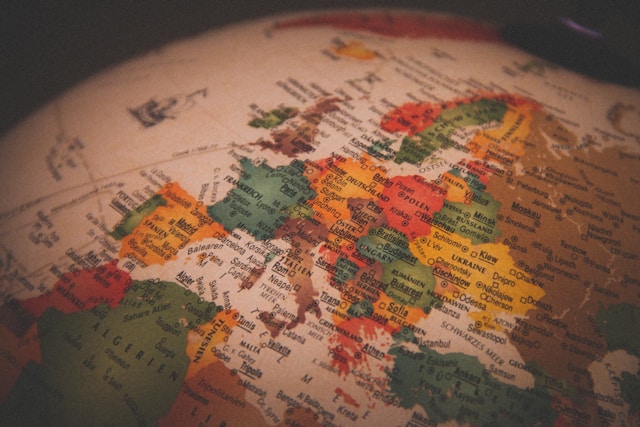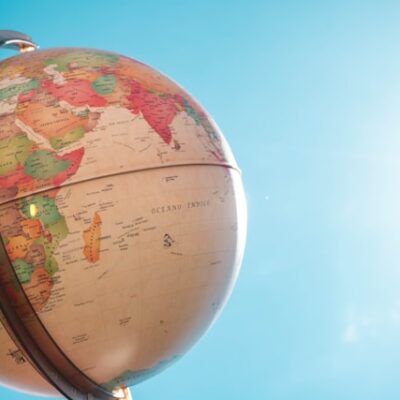
In recent decades, culture has ceased to be solely a physical experience — today, books are read in digital formats, concerts are watched online, museums create virtual tours, and artificial intelligence is beginning to participate in the creation of works of art. This transformation compels governments to rethink cultural policy, adapting traditional methods of support and regulation to the realities of the digital world.
For Portugal, as for most European countries, preserving national cultural heritage while simultaneously stimulating modern digital creativity has become a strategic priority. But how exactly are governments responding to the rapid transformation of the media landscape and cultural consumption?
New Cultural Formats and a Shift in Paradigm
The digital environment has not only expanded access to culture but also changed the very nature of its consumption. Today’s youth are more likely to watch short video clips than read classical literature. Platforms such as YouTube, TikTok, and Spotify have become integral parts of the cultural field. Governments must consider these trends when developing and updating cultural strategies.
Traditional institutions such as theatres, libraries, and museums have begun to actively use digital tools. For example, in Portugal, the “Museu Virtual da Lusofonia” project is being actively developed, bringing together cultural resources of the Portuguese-speaking world in a digital space. This not only broadens cultural outreach but also strengthens identity at the international level.
Supporting Digital Creative Industries
One of the key areas of cultural policy has become the funding and development of digital creative industries — from video games to digital design and media content. The European Union, including Portugal, is betting on these sectors as future drivers of the economy and cultural influence.
At the national level, Portugal is developing grant and subsidy programs for digital artists and startups. Organizations such as the Direção-Geral das Artes (DGA) are increasingly launching calls for digital projects, including VR installations, interactive platforms, and art created with the help of AI.
Balancing Innovation with Heritage Preservation
One of the main goals of cultural policy is to strike a balance between supporting digital forms and preserving traditional elements of culture. Governments face the challenge of a fragmented audience: older citizens tend to prefer classic formats, while younger ones gravitate toward interactive and mobile experiences.
Thus, modern programs include elements of cross-generational interaction. For example, the creation of digital archives of ancient books, adaptation of folklore into animation or mobile apps, and interactive theatrical productions. These efforts help engage different age groups in a dialogue between cultural generations.
Issues of Copyright and Digital Justice
The digital age has also presented governments with serious legal challenges. The primary one is the protection of intellectual property. In an era when any file can be copied and shared in seconds, protecting the rights of artists, musicians, and writers has become increasingly difficult.
Portugal, as part of the EU, applies the EU Copyright Directive, which strengthens content protection and introduces obligations for platforms to pay royalties. However, even these measures require adaptation: new technologies like generative AI raise questions about the legal status of “artificial” creativity.
Digital inequality is also in the spotlight. Access to digital culture remains limited in rural areas where the level of digitization is lower. Government programs to expand internet infrastructure and digital literacy are integral parts of cultural policy.
Education as a Tool for Cultural Transformation
Education plays a key role in shaping a sustainable cultural future. Portuguese universities and schools are increasingly integrating digital elements into the teaching of arts and humanities. This helps cultivate a new generation of both consumers and creators of digital culture.
Moreover, international cooperation is strengthening. Portugal actively participates in Erasmus+ programs and cross-cultural projects with Latin America and African countries, where the Portuguese language serves as a cultural bridge. These initiatives expand cultural horizons and open new channels for digital interaction.
The Future of Cultural Policy in a Digital Context
Governments can no longer rely solely on traditional mechanisms of cultural support. The future demands flexibility, cross-sector collaboration, and rapid response to technological changes. In Portugal, a positive trend is evident: the government invests in digital culture, supports innovative forms of art, and makes culture accessible to a wide audience.
However, for cultural policy to remain relevant, constant updating of approaches, active citizen engagement, and dialogue with the tech sector are necessary. Only in this way can cultural identity be preserved and given a worthy place in the digital world.




